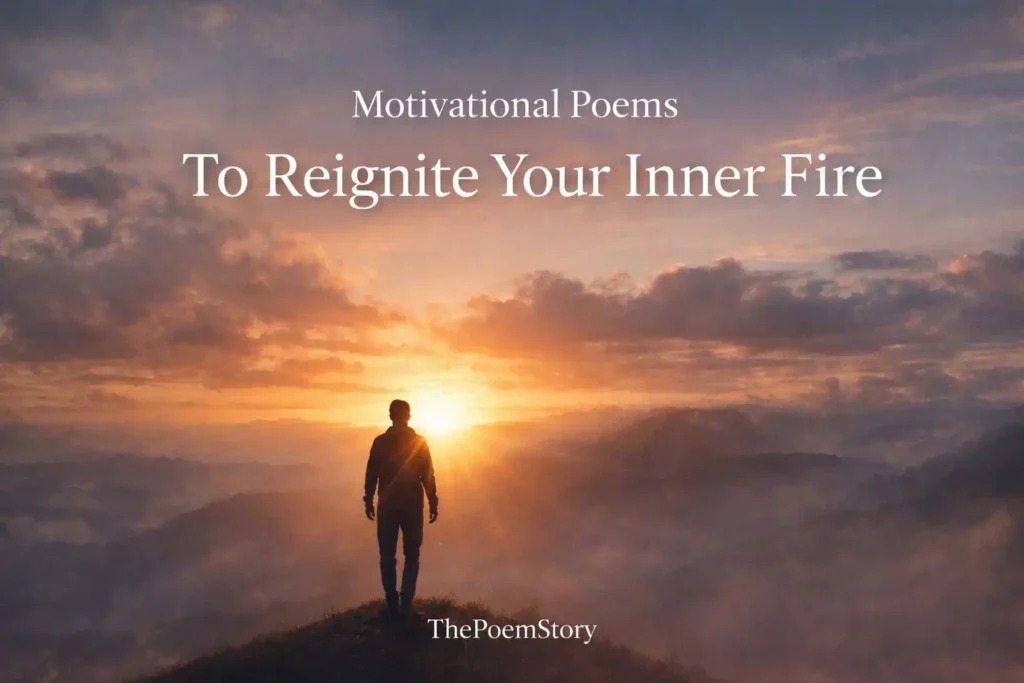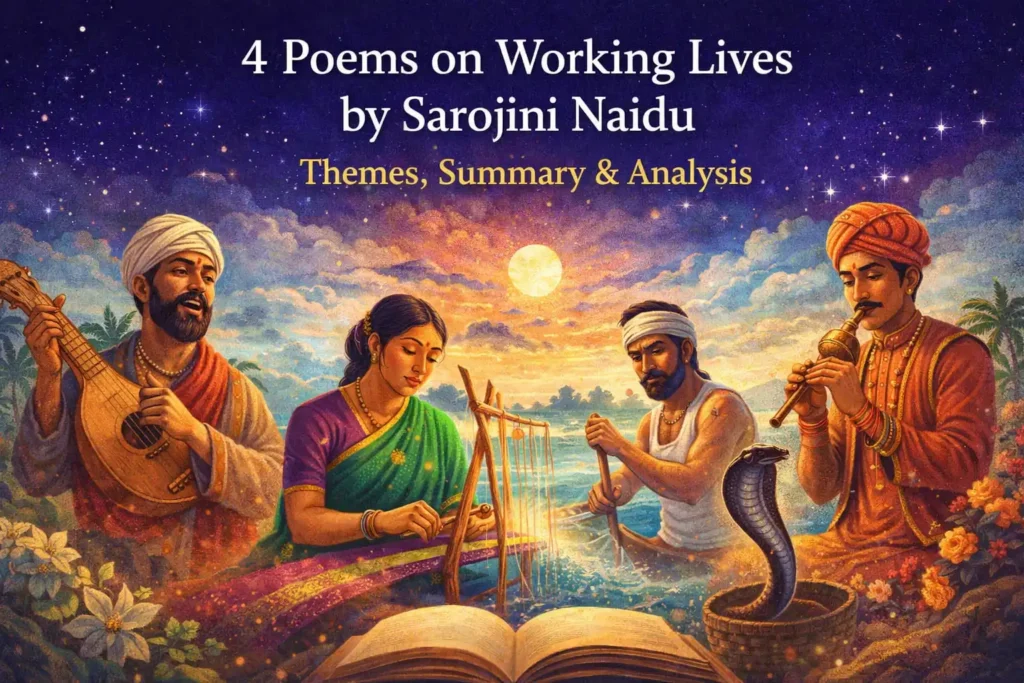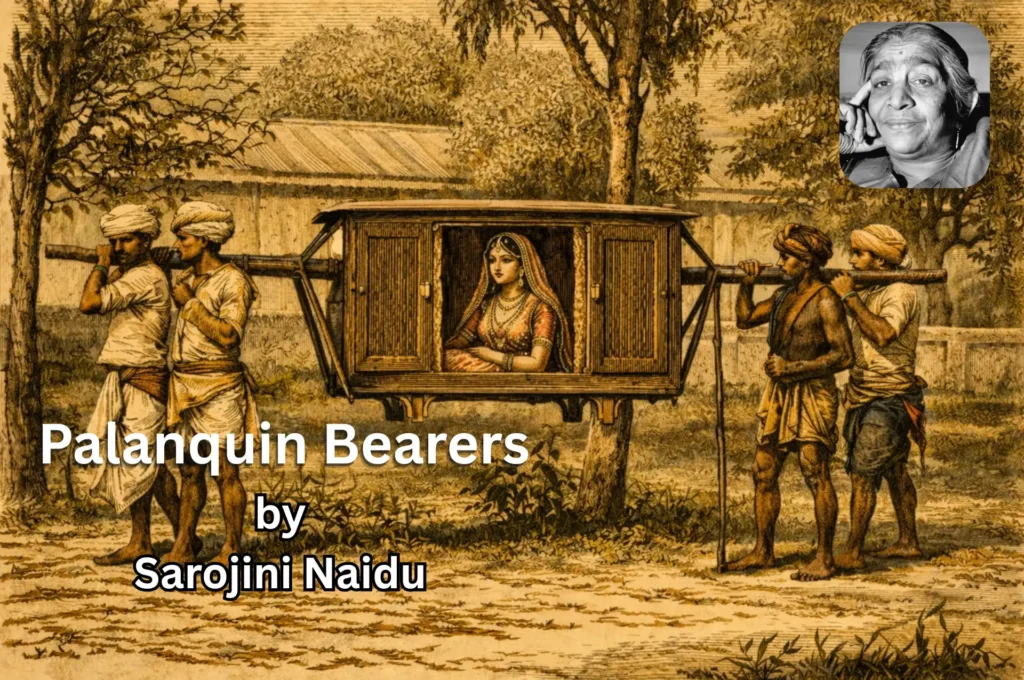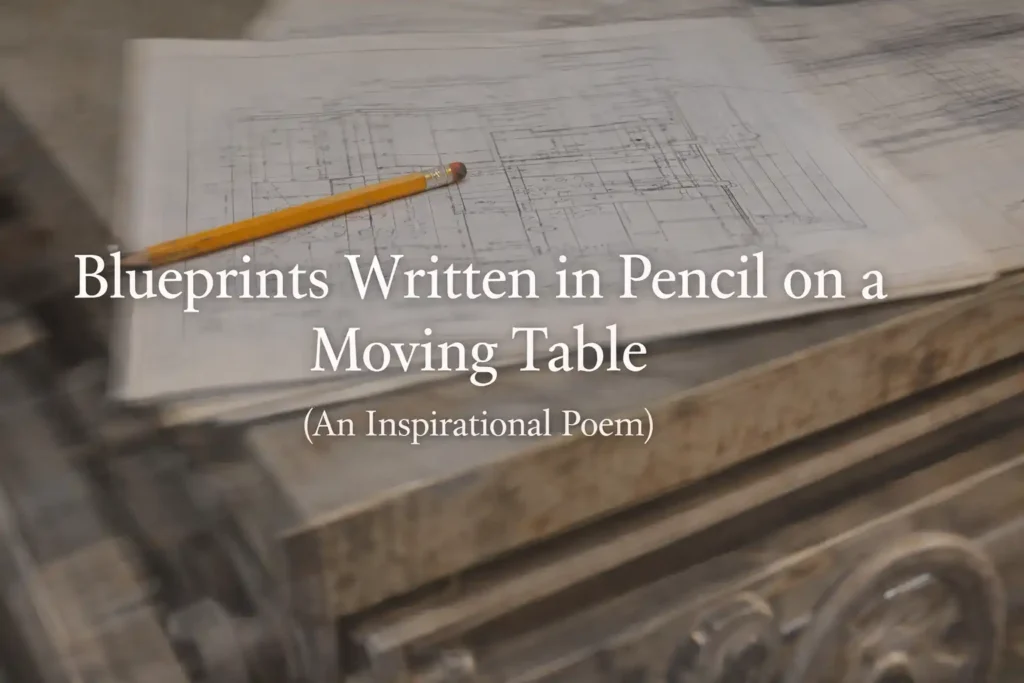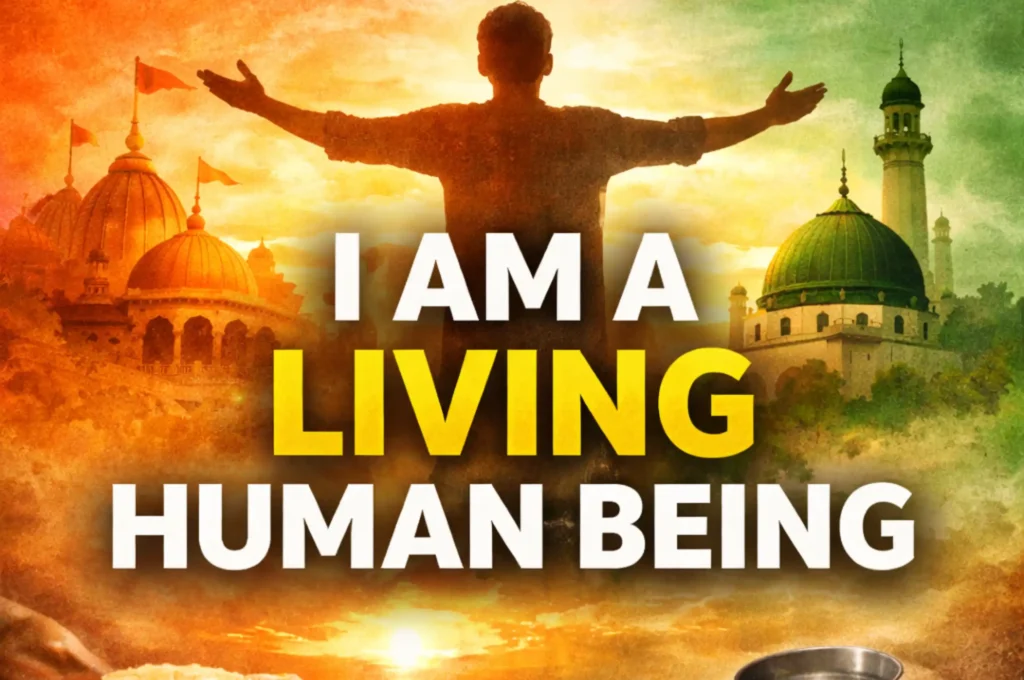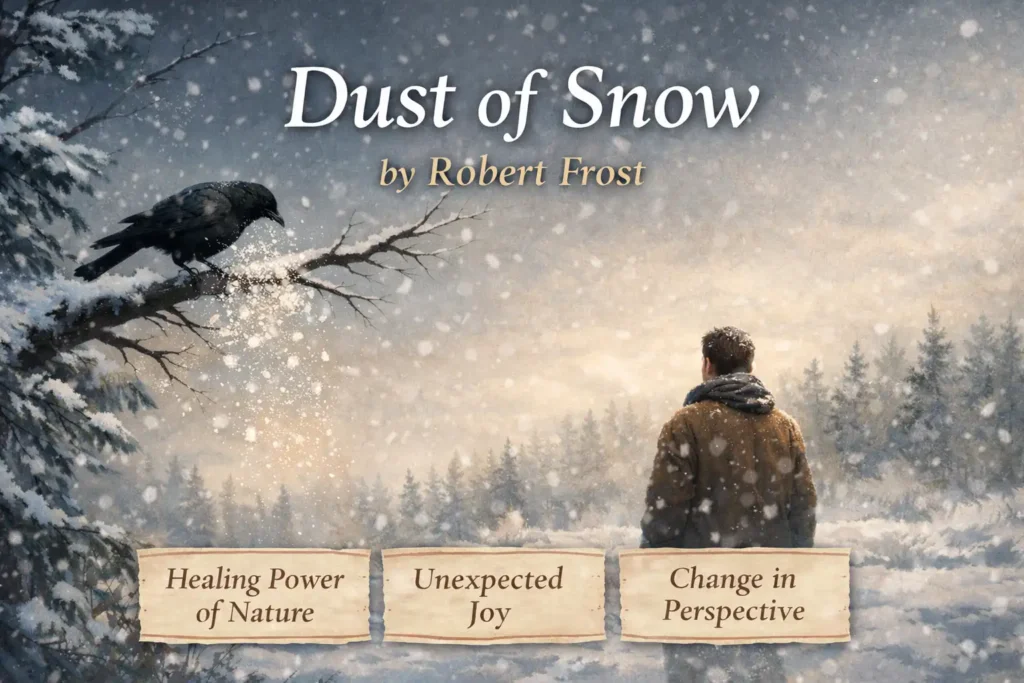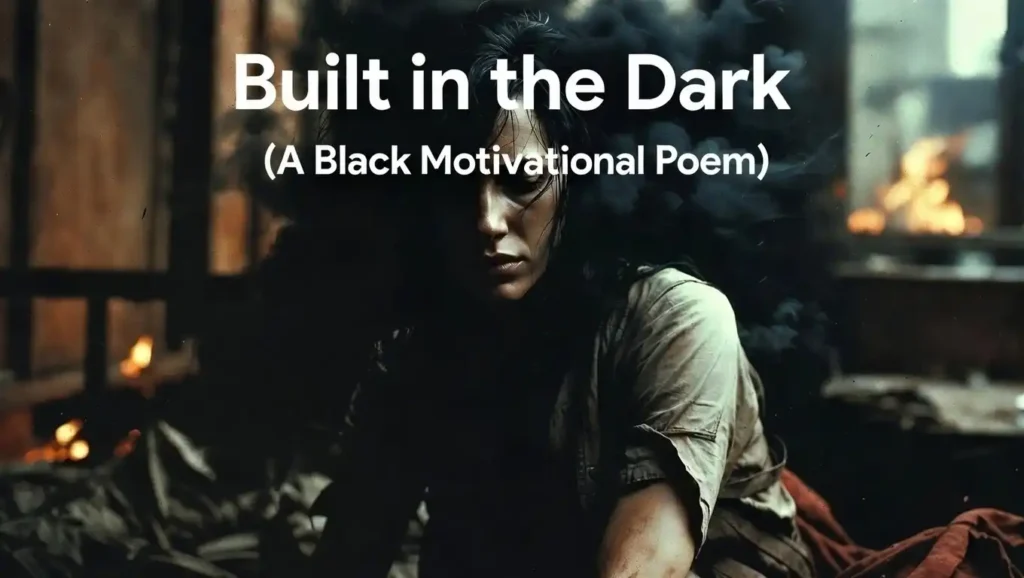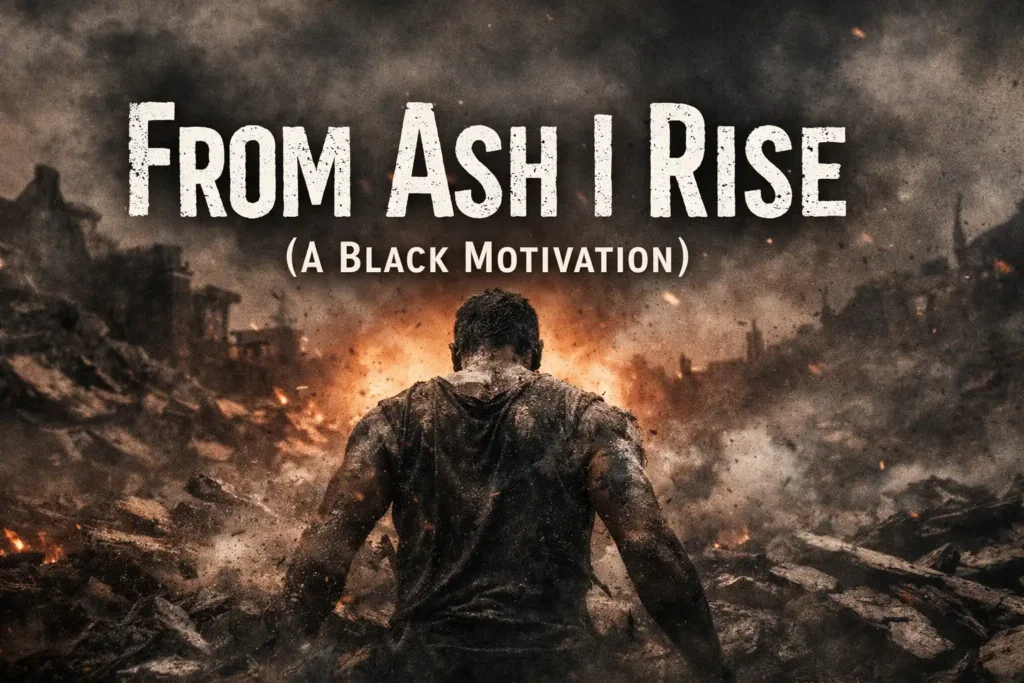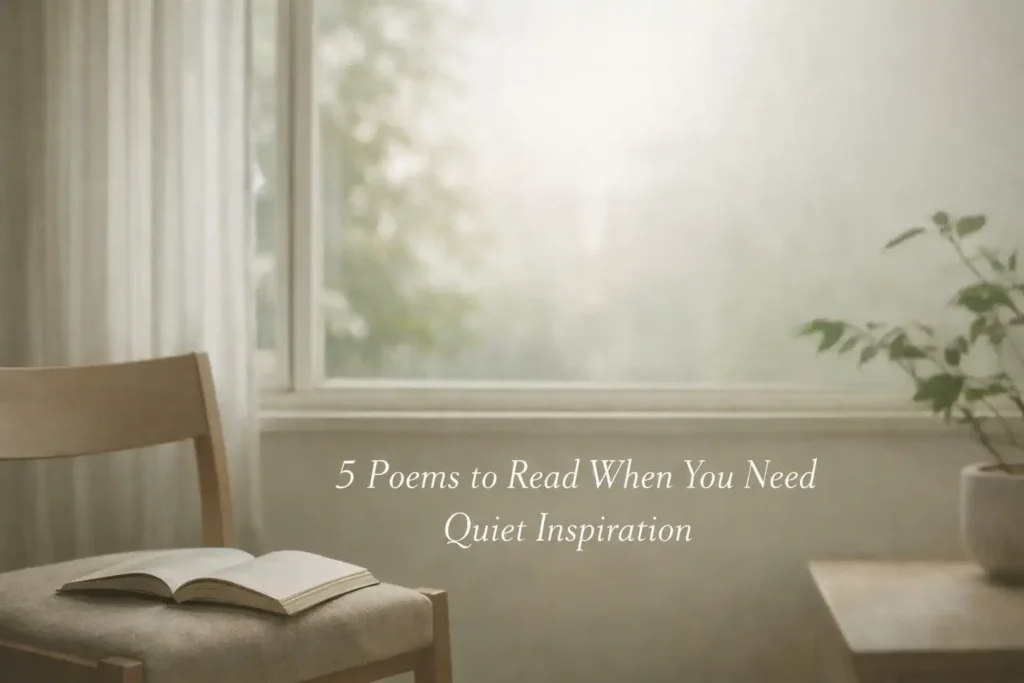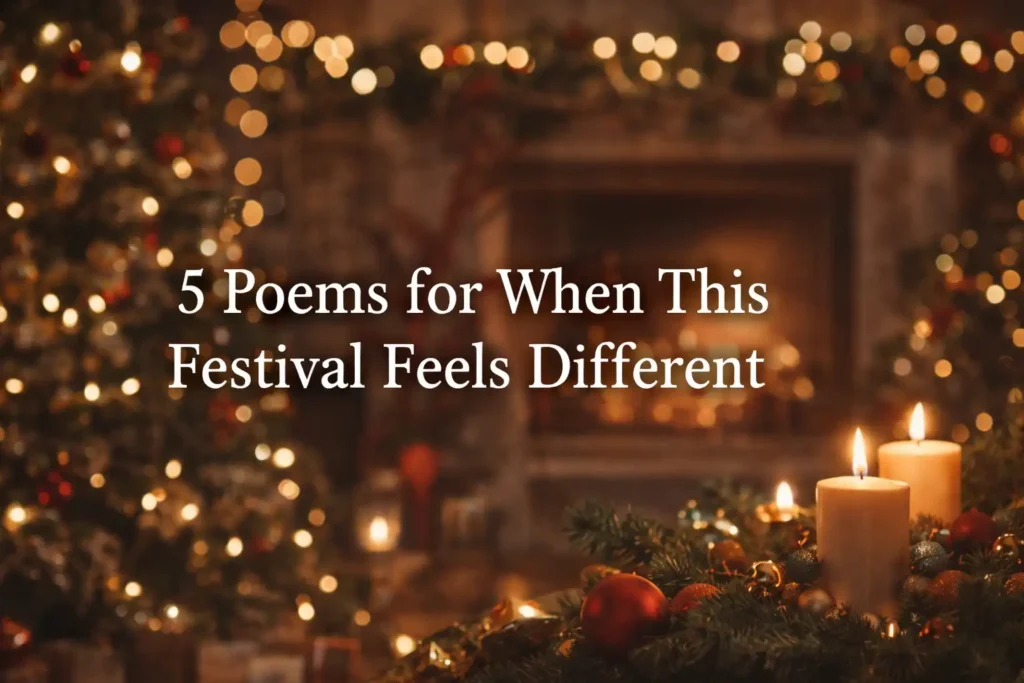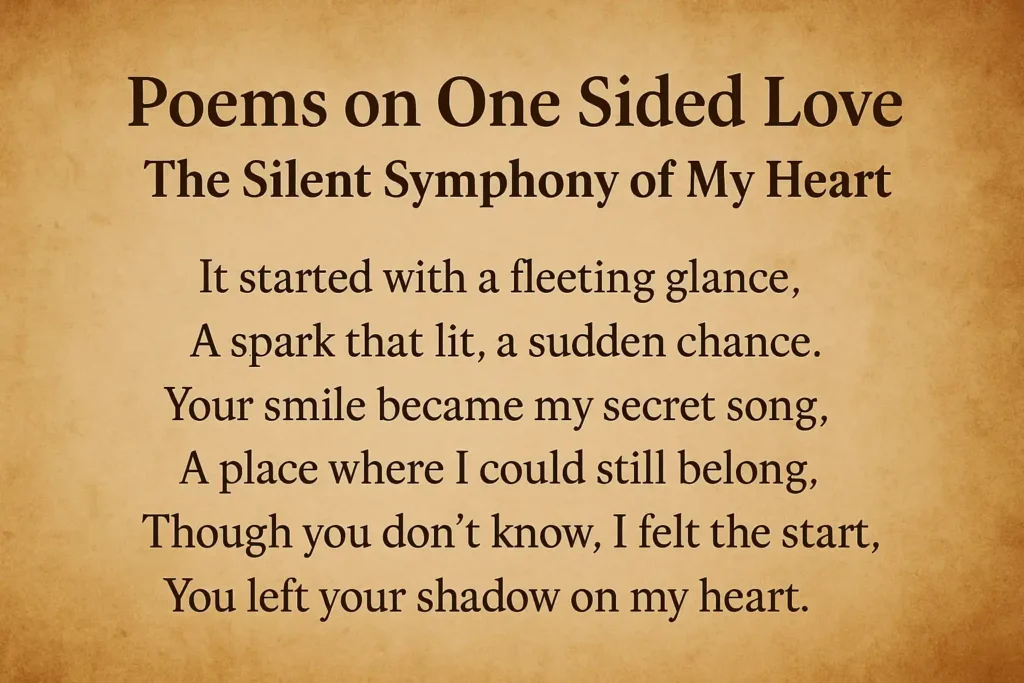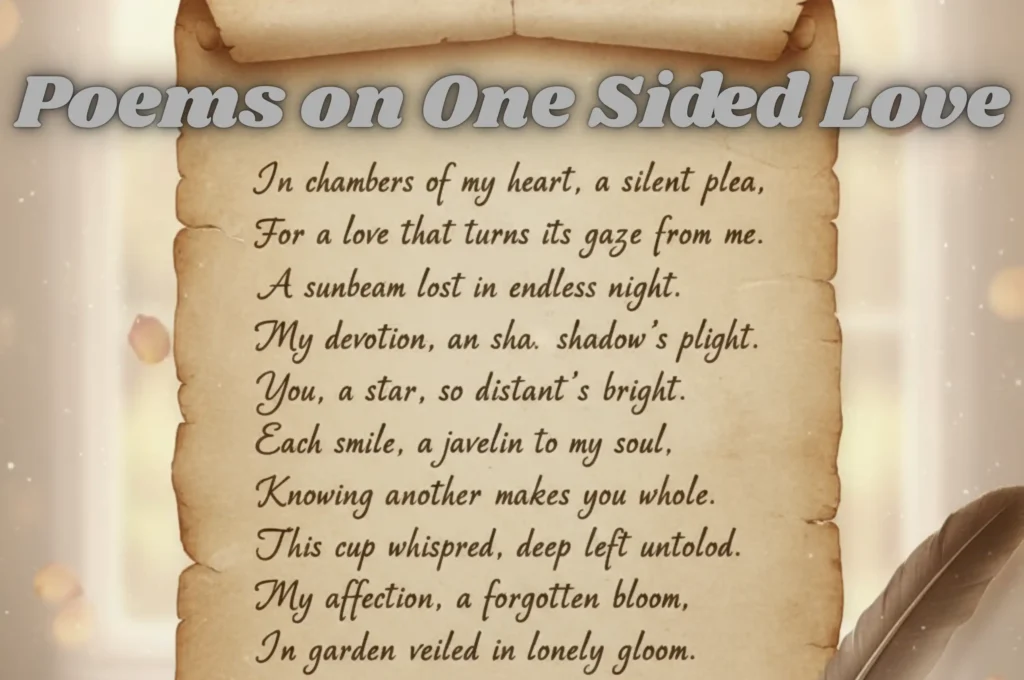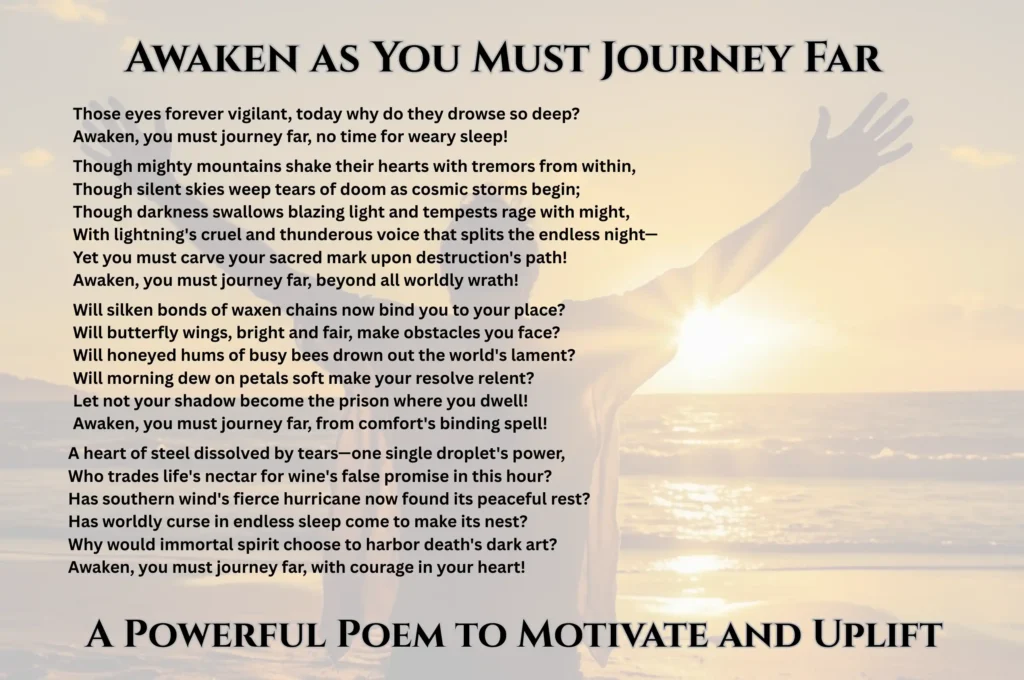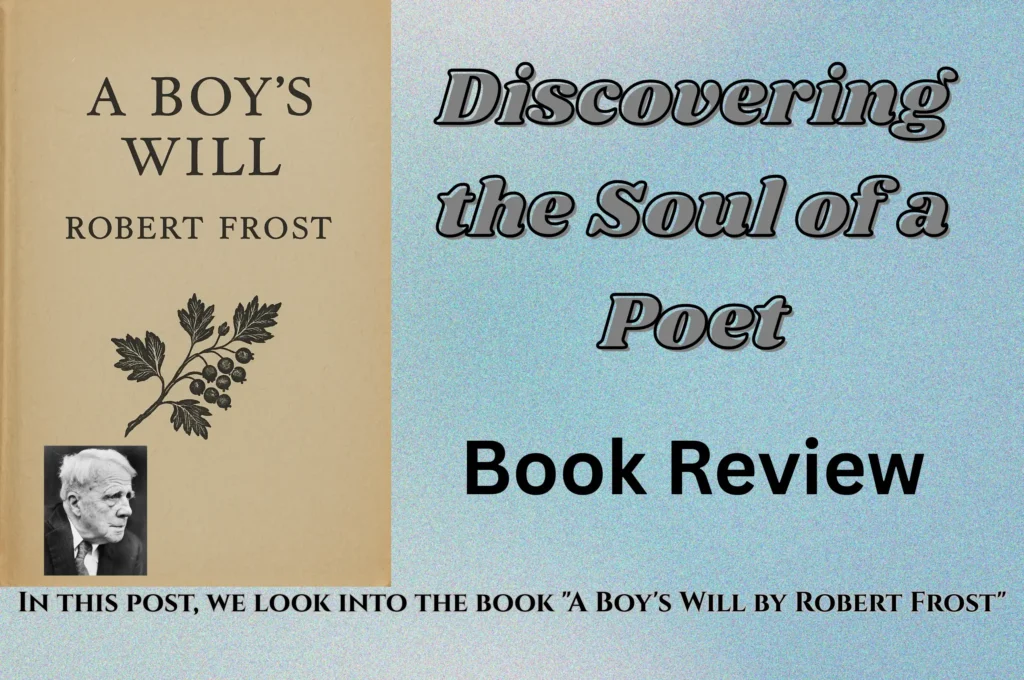In The Divine Comedy – Inferno: Canto 2, explore Dante’s emotional struggle as he prepares for his journey through the afterlife. Guided by Virgil and inspired by Beatrice, this canto reveals the courage, doubt, and divine intervention at the heart of Dante’s epic quest.
At the end of Canto 1, Dante—lost, terrified by the three beasts (panther, lion, and she-wolf)—encounters Virgil, the Roman poet, who offers to guide him through the dark realms of the afterlife. That moment sets the stage for Canto 2, which becomes more introspective and emotionally intense.
Here’s a quick recap of where we left off in Canto 1:
Dante, overwhelmed by fear and blocked by beasts representing sin, meets Virgil. Virgil reveals his poetic legacy and offers a path forward, but not through the hill (which symbolizes direct salvation). Instead, he will guide Dante through Hell and Purgatory, after which someone “worthier” will guide him to Heaven.
So, Canto 2 opens with Dante reflecting on that offer. Even with divine help in sight, he hesitates.
Also Read: Poets and Poetry – Selected timeless classics | Biograph of Poet Dante Alighieri | Dante Alighieri Quotes | Poems by Dante Alighieri
Must Read: Why should you read “The Divine Comedy”?
The Divine Comedy – Inferno: Canto 2
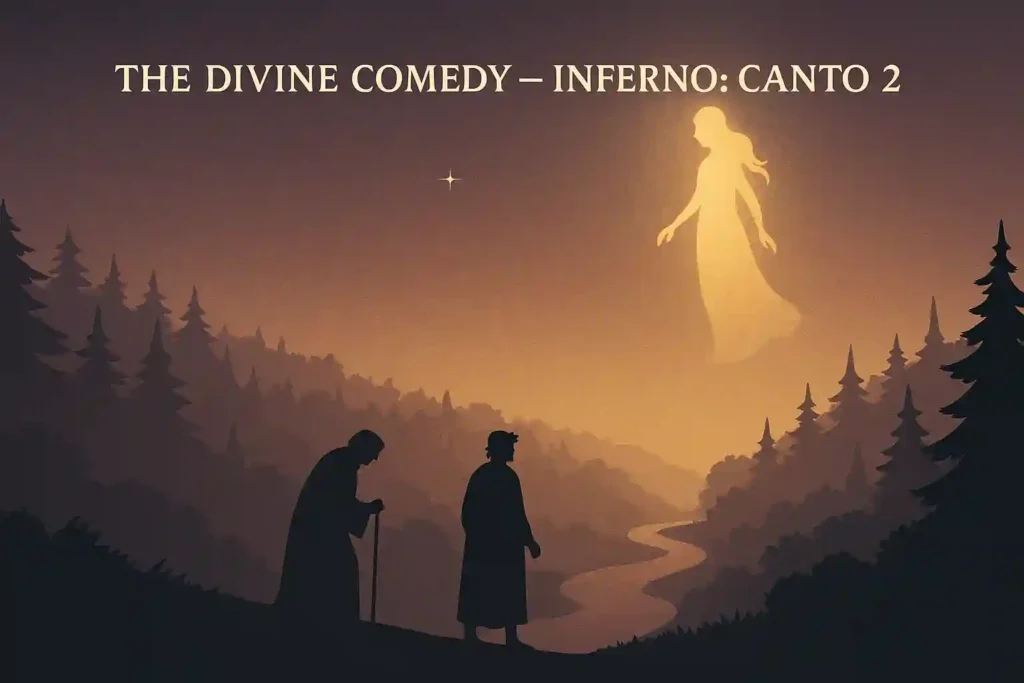
The Divine Comedy – Inferno: Canto 2
Now was the day departing, and the air,
~ The Divine Comedy – Inferno: Canto 2 (Dante Alighieri)
Imbrown’d with shadows, from their toils releas’d
All animals on earth; and I alone
Prepar’d myself the conflict to sustain,
Both of sad pity, and that perilous road,
Which my unerring memory shall retrace.
O Muses! O high genius! now vouchsafe
Your aid! O mind! that all I saw hast kept
Safe in a written record, here thy worth
And eminent endowments come to proof.
I thus began: “Bard! thou who art my guide,
Consider well, if virtue be in me
Sufficient, ere to this high enterprise
Thou trust me. Thou hast told that Silvius’ sire,
Yet cloth’d in corruptible flesh, among
Th’ immortal tribes had entrance, and was there
Sensible present. Yet if heaven’s great Lord,
Almighty foe to ill, such favour shew’d,
In contemplation of the high effect,
Both what and who from him should issue forth,
It seems in reason’s judgment well deserv’d:
Sith he of Rome, and of Rome’s empire wide,
In heaven’s empyreal height was chosen sire:
Both which, if truth be spoken, were ordain’d
And ’stablish’d for the holy place, where sits
Who to great Peter’s sacred chair succeeds.
He from this journey, in thy song renown’d,
Learn’d things, that to his victory gave rise
And to the papal robe. In after-times
The chosen vessel also travel’d there,
To bring us back assurance in that faith,
Which is the entrance to salvation’s way.
But I, why should I there presume? or who
Permits it? not Aeneas I nor Paul.
Myself I deem not worthy, and none else
Will deem me. I, if on this voyage then
I venture, fear it will in folly end.
Thou, who art wise, better my meaning know’st,
Than I can speak.” As one, who unresolves
What he hath late resolv’d, and with new thoughts
Changes his purpose, from his first intent
Remov’d; e’en such was I on that dun coast,
Wasting in thought my enterprise, at first
So eagerly embrac’d. “If right thy words
I scan,” replied that shade magnanimous,
“Thy soul is by vile fear assail’d, which oft
So overcasts a man, that he recoils
From noblest resolution, like a beast
At some false semblance in the twilight gloom.
That from this terror thou mayst free thyself,
I will instruct thee why I came, and what
I heard in that same instant, when for thee
Grief touch’d me first. I was among the tribe,
Who rest suspended, when a dame, so blest
And lovely, I besought her to command,
Call’d me; her eyes were brighter than the star
Of day; and she with gentle voice and soft
Angelically tun’d her speech address’d:
“O courteous shade of Mantua! thou whose fame
Yet lives, and shall live long as nature lasts!
A friend, not of my fortune but myself,
On the wide desert in his road has met
Hindrance so great, that he through fear has turn’d.
Now much I dread lest he past help have stray’d,
And I be ris’n too late for his relief,
From what in heaven of him I heard. Speed now,
And by thy eloquent persuasive tongue,
And by all means for his deliverance meet,
Assist him. So to me will comfort spring.
I who now bid thee on this errand forth
Am Beatrice; from a place I come.
Revisited with joy. Love brought me thence,
Who prompts my speech. When in my Master’s sight
I stand, thy praise to him I oft will tell.”
She then was silent, and I thus began:
“O Lady! by whose influence alone,
Mankind excels whatever is contain’d
Within that heaven which hath the smallest orb,
So thy command delights me, that to obey,
If it were done already, would seem late.
No need hast thou farther to speak thy will;
Yet tell the reason, why thou art not loth
To leave that ample space, where to return
Thou burnest, for this centre here beneath.”
She then: “Since thou so deeply wouldst inquire,
I will instruct thee briefly, why no dread
Hinders my entrance here. Those things alone
Are to be fear’d, whence evil may proceed,
None else, for none are terrible beside.
I am so fram’d by God, thanks to his grace!
That any suff’rance of your misery
Touches me not, nor flame of that fierce fire
Assails me. In high heaven a blessed dame
Besides, who mourns with such effectual grief
That hindrance, which I send thee to remove,
That God’s stern judgment to her will inclines.”
To Lucia calling, her she thus bespake:
“Now doth thy faithful servant need thy aid
And I commend him to thee.” At her word
Sped Lucia, of all cruelty the foe,
And coming to the place, where I abode
Seated with Rachel, her of ancient days,
She thus address’d me: “Thou true praise of God!
Beatrice! why is not thy succour lent
To him, who so much lov’d thee, as to leave
For thy sake all the multitude admires?
Dost thou not hear how pitiful his wail,
Nor mark the death, which in the torrent flood,
Swoln mightier than a sea, him struggling holds?”
Ne’er among men did any with such speed
Haste to their profit, flee from their annoy,
As when these words were spoken, I came here,
Down from my blessed seat, trusting the force
Of thy pure eloquence, which thee, and all
Who well have mark’d it, into honour brings.”
“When she had ended, her bright beaming eyes
Tearful she turn’d aside; whereat I felt
Redoubled zeal to serve thee. As she will’d,
Thus am I come: I sav’d thee from the beast,
Who thy near way across the goodly mount
Prevented. What is this comes o’er thee then?
Why, why dost thou hang back? why in thy breast
Harbour vile fear? why hast not courage there
And noble daring? Since three maids so blest
Thy safety plan, e’en in the court of heaven;
And so much certain good my words forebode.”
As florets, by the frosty air of night
Bent down and clos’d, when day has blanch’d their leaves,
Rise all unfolded on their spiry stems;
So was my fainting vigour new restor’d,
And to my heart such kindly courage ran,
That I as one undaunted soon replied:
“O full of pity she, who undertook
My succour! and thou kind who didst perform
So soon her true behest! With such desire
Thou hast dispos’d me to renew my voyage,
That my first purpose fully is resum’d.
Lead on: one only will is in us both.
Thou art my guide, my master thou, and lord.”
So spake I; and when he had onward mov’d,
I enter’d on the deep and woody way.
Quoted from the public domain translation of Dante’s Inferno, available on Project Gutenberg.
The Divine Comedy – Inferno: Canto 2 Analysis and Interpretation
Analysis and Interpretation of Inferno: Canto 2 — Stanza 1
Now was the day departing, and the air,
Imbrown’d with shadows, from their toils releas’d
All animals on earth; and I alone
Prepar’d myself the conflict to sustain,
Both of sad pity, and that perilous road,
Which my unerring memory shall retrace.
📝 Summary & Meaning:
The second canto begins with the setting sun and the world falling into evening—a symbolic moment that marks transition. The line “Now was the day departing” signals both a literal sunset and the metaphorical descent into a darker, more uncertain realm. Animals are released from labor, implying that nature finds rest—except for Dante, who stands alone, preparing for a spiritual and emotional trial.
Dante’s “unerring memory” foreshadows the detailed and faithful account he promises to deliver, but also speaks to the weight of experience he’s about to recall. The road ahead is both “sad” and “perilous”—full of pity (for the souls he will encounter) and danger (for the trials of the journey).
🎭 Themes Introduced:
- Transition from the known to the unknown
- Loneliness and inner strength
- Symbolism of nightfall and spiritual darkness
- Foreboding of an emotional and moral trial
🌌 Symbolism:
- Sunset / Nightfall = Transition, the end of innocence, entering unknown realms
- Animals released from toil = Contrast between natural peace and Dante’s burden
- Alone in darkness = Isolation, vulnerability before the descent
- Unerring memory = The poetic authority of the narrator, the gravity of remembrance
🎨 Tone & Mood:
The tone is solemn and reflective. There’s a sacred stillness in the air, paired with the weight of duty. The mood leans toward melancholy but also quiet determination—Dante is not yet afraid, but deeply aware of what lies ahead.
Analysis and Interpretation of Inferno: Canto 2 — Stanza 2
O Muses! O high genius! now vouchsafe
Your aid! O mind! that all I saw hast kept
Safe in a written record, here thy worth
And eminent endowments come to proof.
📝 Summary & Meaning:
In this powerful invocation, Dante calls upon the Muses—the classical goddesses of art and inspiration—and his own “high genius,” asking for divine and intellectual support. He also addresses his memory, that part of the self which has faithfully recorded all he witnessed on his journey. This stanza echoes the traditional epic style, where poets seek celestial guidance before telling monumental tales.
It’s a moment of humility and reverence: Dante acknowledges that he cannot undertake or express this journey alone. His plea isn’t just for storytelling—it’s for clarity, for truth, and for the strength to face and describe what is to come.
🪷 Symbolism:
- Muses = Divine inspiration, the poetic tradition of calling upon higher powers before creation
- High genius = Inner intellect, possibly the soul or reasoning mind, needed for moral discernment
- Memory as keeper = The sacred role of memory in preserving truth, experience, and wisdom
🌱 Themes Reinforced:
- Literature and art as sacred vocations that require divine aid
- The epic journey isn’t just physical—it’s mental, moral, and spiritual
- The act of remembering is itself a holy duty
- Writing as both an act of witnessing and of spiritual service
🎨 Tone & Mood:
The tone is reverent and formal, almost ceremonial. The mood feels solemn but also filled with purpose. Dante isn’t just writing—he’s invoking powers beyond himself, blending human effort with divine guidance. It sets the stage for something deeply meaningful and larger than life.
Analysis and Interpretation of Inferno: Canto 2 — Stanza 3
That from this terror thou mayst free thyself,
I will instruct thee why I came, and what
I heard in that same instant, when for thee
Grief touch’d me first. I was among the tribe,
Who rest suspended, when a dame, so blest
And lovely, I besought her to command,
Call’d me; her eyes were brighter than the star
Of day; and she with gentle voice and soft
…..
In this stanza, Virgil begins explaining to Dante why he came to help him:
He was approached by Beatrice, who descended from Heaven out of concern and love for Dante. This is one of the most pivotal moments in The Divine Comedy—where divine intervention is expressed through love, grace, and mercy.
📝 Summary & Meaning:
This powerful stanza reveals the divine orchestration behind Dante’s rescue. Virgil, representing human reason, recounts how Beatrice—symbolizing divine love and grace—personally requested his help. She explains that Dante is lost, spiritually endangered, and full of fear.
Her plea is filled with urgency and care. She identifies Dante not just as someone she knows, but someone she deeply values—not by fortune or station, but by soul. This establishes the spiritual bond that transcends worldly concerns.
Beatrice also mentions that “Love brought me thence”—a vital line, echoing the divine principle that Love is the engine of salvation in Dante’s worldview.
❤️ Symbolism:
- Beatrice = Divine grace, love, and enlightenment
- “Love brought me thence” = God’s mercy and Beatrice’s unconditional love
- Virgil = Human reason answering to divine inspiration
- Eyes brighter than the star of day = Purity, divine light, hope
🌱 Themes Reinforced:
- Divine grace intervenes even when human strength falters
- Love is not just an emotion—it’s a guiding cosmic force
- The salvation journey begins with recognizing one’s lostness and accepting help
- The power of women in Dante’s theology—Beatrice becomes the guiding star
🎨 Tone & Mood:
The tone is gentle but urgent, filled with devotion, compassion, and sacred intent. It introduces a mood of hope and rescue, showing that Dante is not alone. Love itself bends Heaven to save a soul from despair.
Analysis and Interpretation of Inferno: Canto 2 — Stanza 4
She then was silent, and I thus began:
“O Lady! by whose influence alone,
Mankind excels whatever is contain’d
Within that heaven which hath the smallest orb,
So thy command delights me, that to obey,
If it were done already, would seem late.
No need hast thou farther to speak thy will;
Yet tell the reason, why thou art not loth
To leave that ample space, where to return
Thou burnest, for this centre here beneath.”
📝 Summary & Meaning:
After Beatrice finishes speaking, Virgil responds with reverence and awe. He addresses her as a divine lady, recognizing that her influence uplifts humanity above all other creations in the lowest of the celestial spheres (the moon, in medieval cosmology). His words are not just polite—they’re filled with sacred admiration.
Virgil says that fulfilling her command would bring him such joy that if it were already done, it would still feel overdue. He shows eagerness to serve without hesitation. Yet, despite his willingness, he asks her gently: Why did you leave the heavenly realm—so full of joy and peace—to descend into this dark and painful world? This is both a theological and philosophical question, drawing attention to the sacrifice involved in saving a soul.
👑 Symbolism:
- Beatrice’s influence on mankind = Power of divine grace, capable of lifting the soul beyond earthly limits
- “Heaven which hath the smallest orb” = The lowest celestial sphere, often associated with change and mortality—contrasted with her spiritual constancy
- Virgil’s eagerness to serve = Reason aligning with divine will
- Beatrice’s descent from Heaven = Sacrificial divine intervention, mercy in motion
🌱 Themes Reinforced:
- Grace doesn’t hesitate—Beatrice left bliss for the sake of love
- Reason must acknowledge and follow grace
- The power of feminine divine figures in Dante’s cosmology
- Obedience becomes a joy when love is at the core of the request
🎨 Tone & Mood:
The tone is adoring and inquisitive—Virgil honors Beatrice with poetic deference, but he’s also curious about her willingness to descend. The mood shifts from celestial command to gentle dialogue, revealing layers of spiritual devotion and cosmic harmony.
Analysis and Interpretation of Inferno: Canto 2 — Stanza 5
She then: “Since thou so deeply wouldst inquire,
I will instruct thee briefly, why no dread
Hinders my entrance here. Those things alone
Are to be fear’d, whence evil may proceed,
None else, for none are terrible beside.
I am so fram’d by God, thanks to his grace!
That any suff’rance of your misery
Touches me not, nor flame of that fierce fire
Assails me. In high heaven a blessed dame
…………….
📝 Summary & Meaning:
Beatrice now answers Virgil’s question—why she, a blessed soul of Heaven, would descend into the realm of suffering to aid Dante. She explains that she has no fear of Hell, because fear only belongs to things that can cause true spiritual harm—which, by divine grace, cannot touch her. Her immunity is spiritual, not physical—she is protected by God’s will and love.
Then, she reveals a divine chain of concern: a blessed lady in Heaven (often interpreted as the Virgin Mary) saw Dante’s plight and sent Lucia, a symbol of divine light and grace, who then went to Beatrice. Lucia reminded Beatrice of Dante’s love for her—so intense that he turned away from worldly admiration for her sake. Moved by this plea, Beatrice rushed to help, confident that Virgil’s eloquence would be enough to guide Dante back.
👑 Symbolism:
- “Those things alone are to be fear’d…” = True danger lies only in spiritual harm, not physical torment
- Beatrice’s immunity = Divine sanctity and protection
- Mary → Lucia → Beatrice → Virgil = A chain of divine intercession, showing layers of heavenly compassion
- Rachel (from the Bible, seen with Lucia) = Represents contemplation and eternal reward
- Dante’s love for Beatrice = Symbol of spiritual yearning and the soul’s turning toward grace
🌱 Themes Reinforced:
- Divine love intervenes even in Hell
- Fear has no power over grace
- The soul’s salvation requires intercession and guidance
- Women as divine mediators—Mary, Lucia, Rachel, and Beatrice are central to Dante’s rescue
- Eloquence and reason are tools of salvation, but they’re initiated by love
🎨 Tone & Mood:
The tone here is assuring, radiant, and compassionate. Beatrice speaks with calm certainty, reminding us of her divine origin and love-driven purpose. The mood evokes urgency but is also filled with tender hope, showing that no soul is too lost for Heaven to notice.
Analysis and Interpretation of Inferno: Canto 2 — Stanza 6
“When she had ended, her bright beaming eyes
Tearful she turn’d aside; whereat I felt
Redoubled zeal to serve thee. As she will’d,
Thus am I come: I sav’d thee from the beast,
Who thy near way across the goodly mount
Prevented. What is this comes o’er thee then?
Why, why dost thou hang back? why in thy breast
Harbour vile fear? why hast not courage there
And noble daring? Since three maids so blest
Thy safety plan, e’en in the court of heaven;
And so much certain good my words forebode.”
📝 Summary & Meaning:
Virgil concludes his account of how Beatrice came to him. After she finished speaking, her divine eyes welled with tears, showing deep emotional concern for Dante’s fate. Moved by her tears, Virgil felt even greater determination to obey her and aid Dante.
He reminds Dante that it was he who saved him from the ferocious beast (symbolic of sin or temptation) blocking his path up the mount (symbol of spiritual ascent). Then he poses a series of rhetorical questions: Why is Dante hesitating? Why does fear dominate him, despite the fact that three blessed women from Heaven—Mary, Lucia, and Beatrice—are watching over him?
He urges Dante to cast off cowardice and embrace courage and noble resolve, as the entire divine plan is orchestrated for his salvation.
👑 Symbolism:
- “Bright beaming eyes / Tearful she turn’d aside” – Beatrice’s tears reflect divine compassion, showing that even celestial beings are moved by the suffering of souls.
- “The beast” – Symbol of sin, worldly temptations, or spiritual blockage.
- “Three maids so blest” – Mary (compassion), Lucia (grace and light), and Beatrice (divine love) as personifications of heavenly intervention.
- “Goodly mount” – Symbolizes Mount Purgatory or the path to spiritual enlightenment and salvation.
🌱 Themes Reinforced:
- Divine compassion motivates action
- Moral courage is necessary for salvation
- Intercession and grace are ongoing
- The soul’s journey is divinely supported, but must be chosen freely
- Tears in Heaven – Even divine figures experience grief over human struggle, emphasizing empathy from the divine realm
🎨 Tone & Mood:
The tone is urgent, emotional, and motivational. Virgil speaks like a mentor or coach, trying to awaken Dante’s inner strength. The mood is one of stirring resolve—a pivotal turning point where hesitation must give way to action.
Analysis and Interpretation of Inferno: Canto 2 — Stanza 7
As florets, by the frosty air of night
Bent down and clos’d, when day has blanch’d their leaves,
Rise all unfolded on their spiry stems;
So was my fainting vigour new restor’d,
And to my heart such kindly courage ran,
That I as one undaunted soon replied:
“O full of pity she, who undertook
My succour! and thou kind who didst perform
So soon her true behest! With such desire
Thou hast dispos’d me to renew my voyage,
That my first purpose fully is resum’d.
Lead on: one only will is in us both.
Thou art my guide, my master thou, and lord.”
So spake I; and when he had onward mov’d,
I enter’d on the deep and woody way.
📝 Summary & Meaning:
Dante, uplifted by Virgil’s words and reassured by the heavenly support revealed to him, compares himself to a flower drooping in the cold night, but now revived by the warmth of day. The metaphor powerfully illustrates his emotional and spiritual reawakening.
His strength returns, and with newfound courage, he praises Beatrice for her compassion and thanks Virgil for his swift obedience to her plea. Dante’s hesitation is gone—he now fully commits to the journey, declaring his loyalty to Virgil, calling him his guide, master, and lord.
Together, they step into the dark and mysterious forest, the symbolic beginning of the journey through Hell.
🌸 Symbolism:
- “Florets… by the frosty air… Rise all unfolded” – Dante is like a flower regaining strength; this vivid image captures how divine intervention revives a soul paralyzed by fear.
- “Lead on: one only will is in us both” – Unity of purpose between Dante and Virgil, symbolizing trust and surrender to guidance.
- “Deep and woody way” – Literal and metaphorical descent into the unknown; signifies the beginning of the spiritual transformation through trials.
🌱 Themes Reinforced:
- Spiritual renewal and courage through divine and human aid
- The importance of trust in guidance
- The balance of free will and divine orchestration
- Compassion and mentorship as salvific forces
🎨 Tone & Mood:
The tone becomes hopeful, resolute, and reverent. The mood shifts from fear to quiet strength, as Dante fully embraces the path ahead with humility and determination.
With fear vanquished and faith restored, Dante finds his inner strength renewed. Inspired by Beatrice’s divine compassion and Virgil’s noble guidance, he now fully accepts the perilous journey ahead. No longer hesitant, Dante places his trust in Virgil and takes the first step into the shadowed path — a journey not just through Hell, but through the landscape of the soul itself.
“So spake I; and when he had onward mov’d,
I enter’d on the deep and woody way.”
These final lines of Canto 2 mark the true beginning of the Divine Comedy: Dante’s descent into Hell, guided by reason (Virgil) and protected by grace (Beatrice), is now fully underway.
Explore our Literature YouTube Channels:
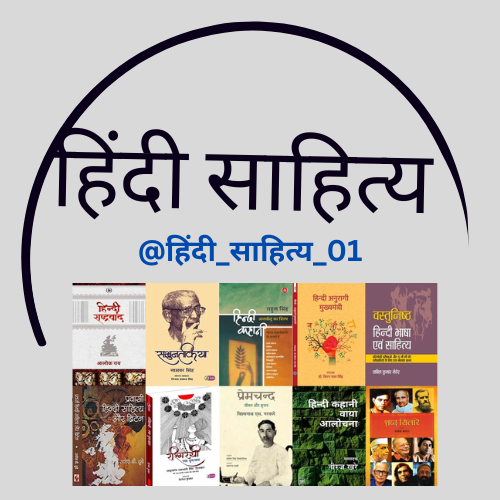
YouTube Channel Link:

YouTube Channel Link:

YouTube Channel Link:
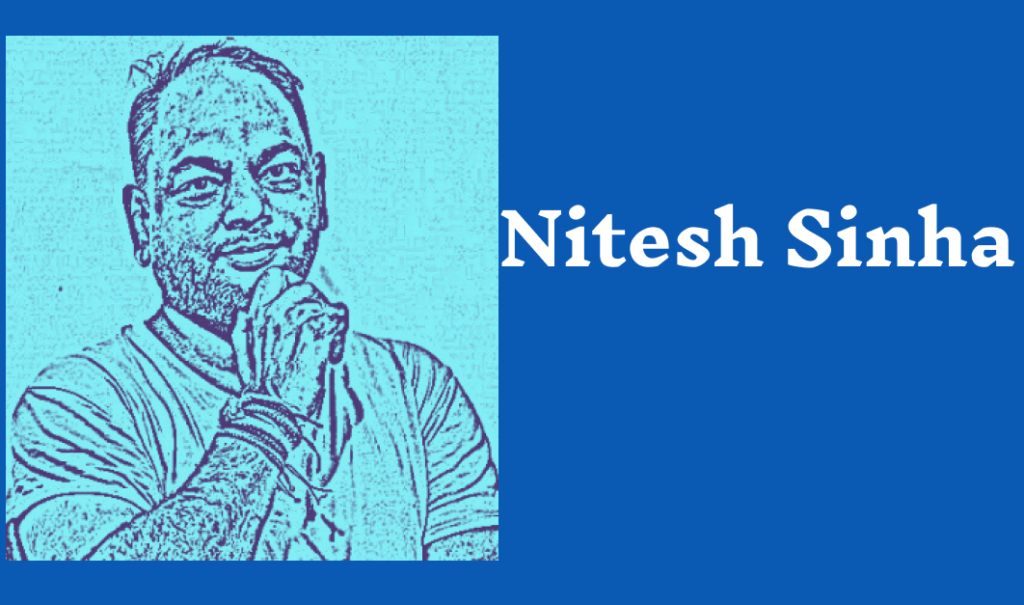
YouTube Channel Link
